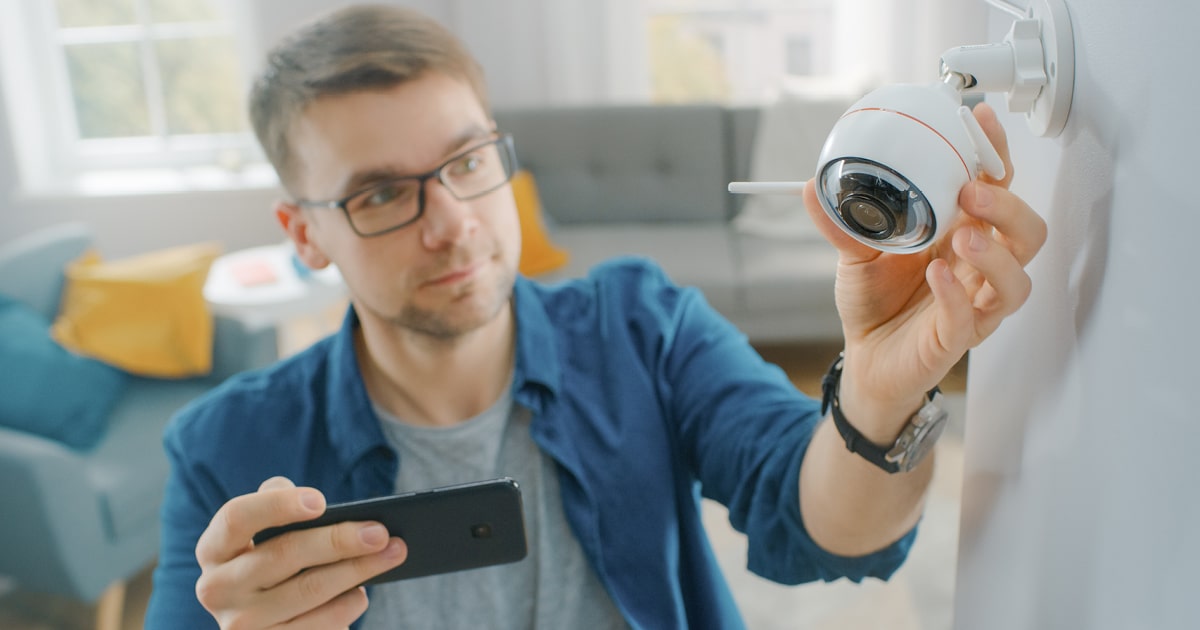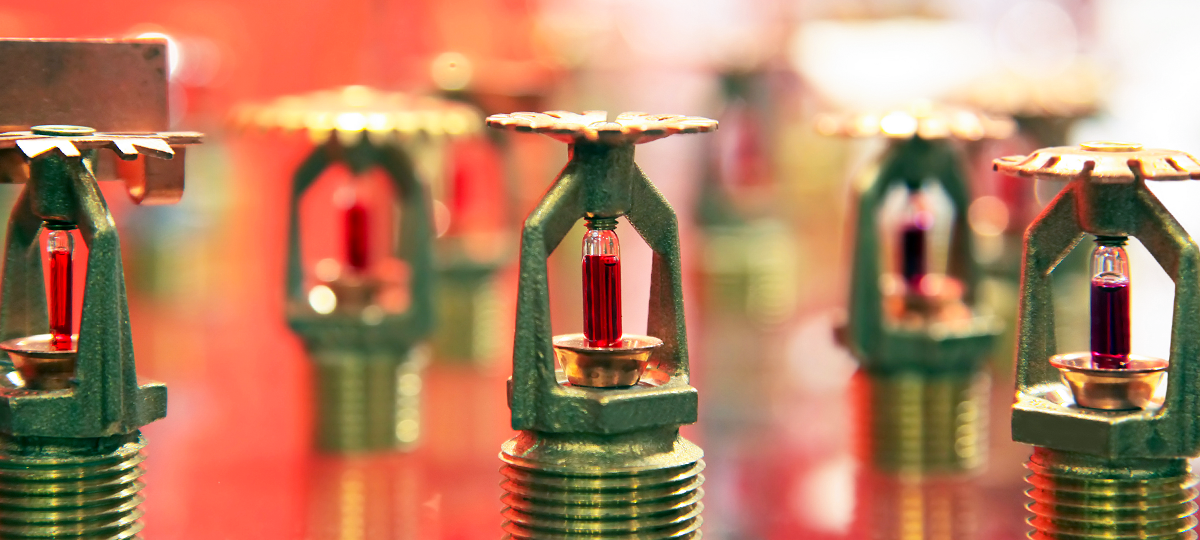Smart Home Security & How to Implement
Home Security Paired with Home Automation
Security vs. home automation is the friendliest rivalry around. Why? Because they play so well together.
Security systems used to have a singular focus—keeping unwanted people out of a house. But as technology evolves, security equipment placement throughout the home for protection performs a dual purpose: Helping homeowners with everyday tasks.

The most common reason homeowners invest in home automation tools today is for home security.
A smart home is a home that uses automation to control certain functions of the house. The smartphones in our pockets are the fastest and easiest way to control almost everything in our lives using an internet connection.
Below are some examples of how smartphones can connect us to our home security.
- Homeowners can arm and disarm their home security systems from their smartphones rather than entering a code on a physical keypad on the wall.
- If a sensor on a home security system is tripped, homeowners can receive automatic alerts.
- Remote video monitoring allows homeowners to log in on a smartphone app and view the footage so they can see what’s going on.
- If a visitor rings the doorbell, homeowners can decide whether to get up to answer it.
- If a security system is equipped with two-way audio, the homeowner can talk to the person at the front door.
- If a homeowner needs to let someone into the house, a click of a button unlocks the front door.
The uses for automation in home security go on and on. As smart home technology advances, machine learning and sensor intelligence can even spot activity before it spells trouble. For example, the garage door opens at 1:00 p.m. on a weekday when it usually never opens; the homeowner can receive an alert letting him know that something out of the ordinary is occurring.
After home security, saving energy is the most popular reason to install smart home technology.
Take the thermostat, for example. A smart thermostat allows a homeowner to control the home’s temperature from an app on their smartphone. Additional sensors placed throughout the home can send information to the thermostat telling it when there is activity in the house or when there is not, so the thermostat can shut off automatically if no one is in the house.
A smart thermostat can learn a family’s living patterns and automatically adjust the temperature at times when the family is in and out of the home. When the thermostat senses the smartphone that controls it moving closer home, it can adjust the temperature, so the homeowner is comfortable when she arrives.
Light bulbs, switches, and plugs can all be automated, too, as part of a smart home energy solution. Lights can turn off automatically when the homeowner leaves, or an app can be used to shut off the coffee pot forgotten about that morning.
Smart devices for home security or home automation should work together with other devices seamlessly. Compatibility is a big issue when it comes to smart home technology. Homeowners who buy different devices, apps, and hubs from various manufacturers may run into issues where one device doesn’t work well with another. As they add more pieces to the smart home, the problems can compound.
If you want to build a complete home security and automation system, it is in your best interest to consider a whole-home platform like Alarm.com. It powers all the devices in your home, so they work together without the need to program or configure anything.
While smart home technology makes your life easier, installation without professional assistance can be tricky. Take the smart home thermostat, for example. Are you familiar with heating and cooling systems and confident with electrical wiring? Incorrectly installing a smart thermostat can seriously damage your HVAC system.
At FSS Technologies, we are committed to making life safer and more convenient through home security and home automation solutions. Contact us for a free, in-home consultation.










